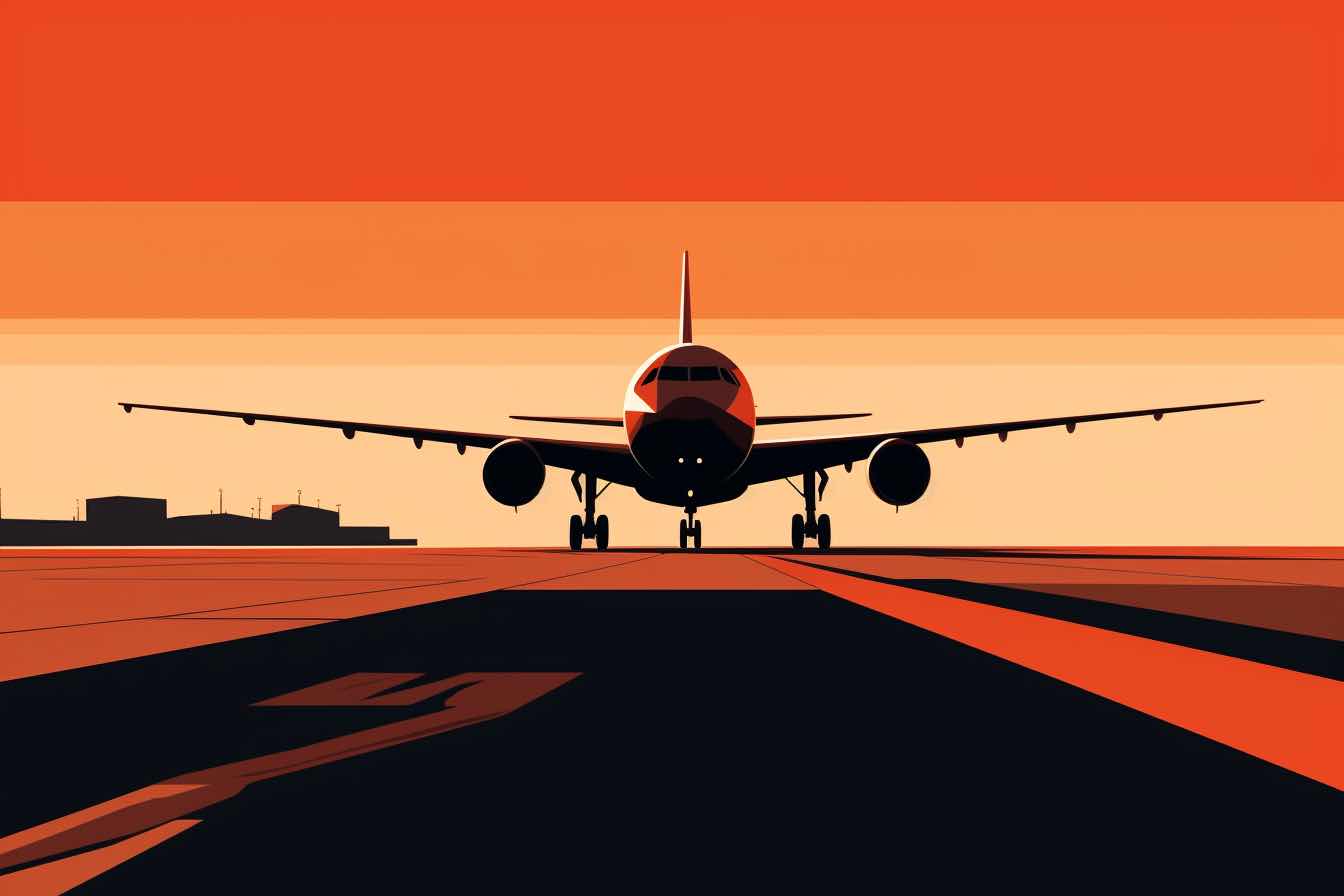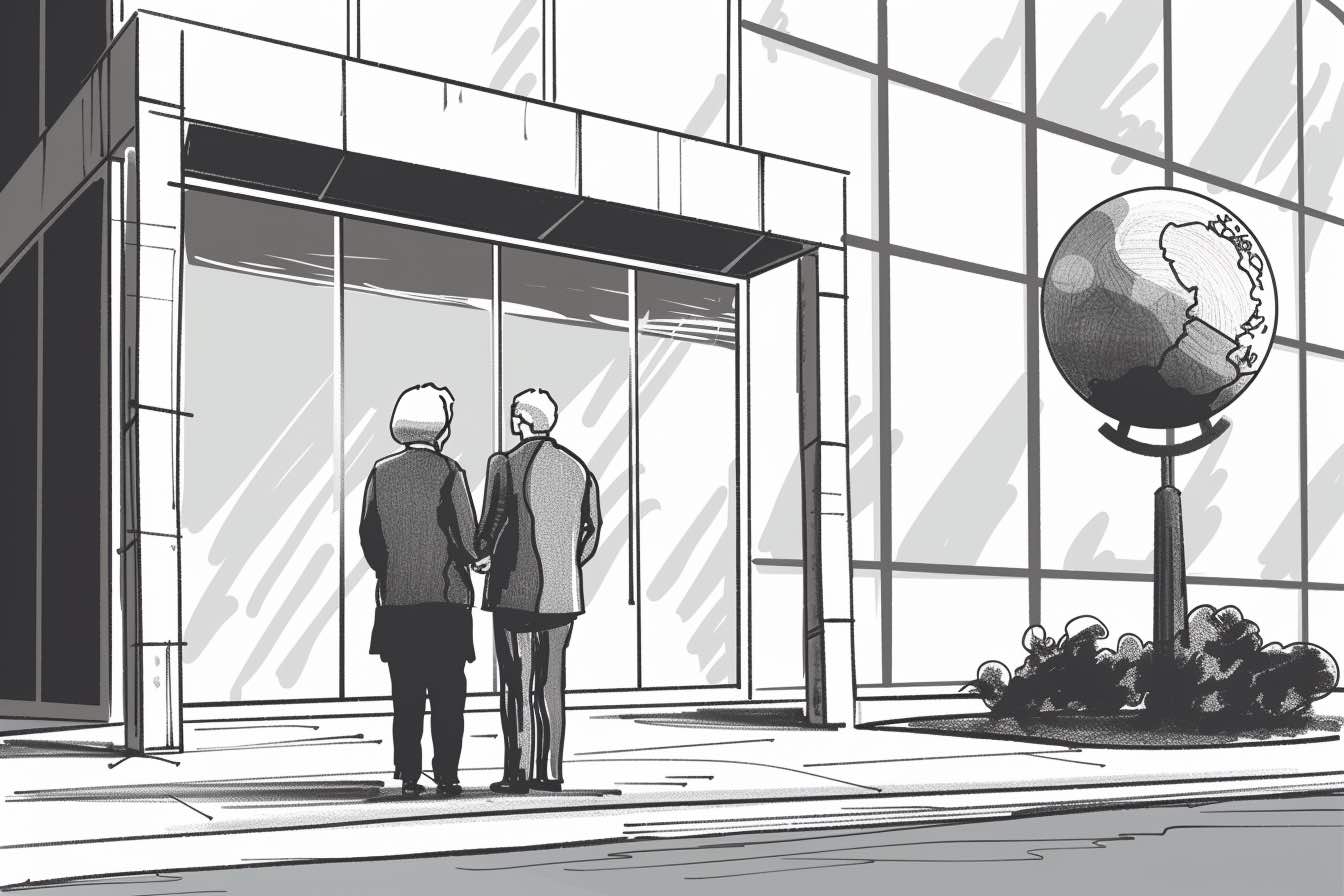Here’s a dirty little secret about the U.S. Department of Transportation’s record $4.1 million fine against American Airlines for violating the tarmac delay rule, announced with great fanfare yesterday: Passengers probably won’t see a dime of it.
The government slapped the largest domestic airline with the largest fine ever for violating federal statutes prohibiting tarmac delays of three hours or more on domestic flights without giving passengers an opportunity to deplane.
Of the $4.1 million, only half will be payable to the U.S. Treasury within a month. To put the number into perspective, that’s 0.000041 percent of the airline’s 2021 revenues. The other half will be credited to American for compensation to passengers on the flights included in this order.
In other words, they’ll likely get expiring flight credits.
The American Airlines fine is a slight improvement from previous enforcement actions, when the U.S. Treasury got the fine, and the government waived the other half unless the airline repeated the violation.
But passengers are puzzled by the fine and others like it. And the truth is, there’s a loophole when it comes to federal airline penalties. It exposes the Department of Transportation’s (DOT) cozy relationship with the industry it regulates. And now more than ever, someone needs to close that loophole.
Passengers are confused about this American Airlines fine
The consent order between the government and American Airlines details the extent to which passengers suffered. Most of the delays involved passengers trapped on a plane for between three and four hours, sometimes in unbearable heat. But the 105 customers on AA 2308 waited more than six hours before the airline released them.
That’s no delay; it’s false imprisonment.
Why don’t passengers get all the money for the inconvenience? That’s a question passengers like Christy Wood often ask me. Although she’s never been stuck on a parked plane, it surprised her to learn airlines face civil penalties of up to $27,500 per passenger for each violation. That’s a tidy sum that could help make a planeload of passengers a little happier.
“I don’t understand why the government gets to collect that money,” says Wood, who works for the state of Oregon. “We, the passengers, are the ones suffering — why shouldn’t the airline pay that $27,500 to each passenger on that flight?” (Related: Tarmac delay hall of shame: Delta, American — please take a bow!)
The tarmac-delay rules set time limits for domestic and international flights waiting for clearance to take off. Carriers have to provide adequate food and water after two hours, as well as working lavatories and any medical treatment necessary.
The airline industry argued that the rules, adopted in 2009, would encourage airlines to cancel flights, but so far, there’s little evidence the regulations have triggered the widespread cancellations predicted by the industry.
Why does the money go to the U.S. Treasury on this American Airlines fine?
The answer is both fascinating and frustrating. Since the tarmac-delay regulations became effective, the DOT has issued cease-and-desist orders assessing civil penalties in dozens of cases. But so far, passengers have received none of the money directly.
Advocates say that no matter who gets the money, the punishment is not much of a deterrent. Rather, it’s a slap on the wrist to airlines with almost zero financial consequences. The government is too close to the airlines. There’s a revolving door between the government and the airline industry. Career bureaucrats retire and take jobs with the very industry they are supposed to regulate.
The DOT says the notion that passengers don’t benefit from fines is nonsense.
In many of its consent orders for violations of the tarmac-delay rule, the Department’s Office of Aviation Enforcement and Proceedings negotiates settlements for violations of the tarmac-delay rule with airlines where some compensation is provided directly to affected consumers, a DOT spokeswoman told me.
Why the current DOT fines work, according to the government
For example, the DOT fined American $900,000 a few years ago for forcing passengers to remain on the tarmac for more than three hours without the opportunity to deplane. At the time, regulators cut a deal with the carrier, offering the airline a generous $250,000 credit for refunds, vouchers and frequent-flier miles for passengers on the affected flights.
The next year, the DOT fined JetBlue Airways $90,000 for failing to adequately notify passengers they had the opportunity to deplane an aircraft that was at the gate for a lengthy period with the door open. Of that amount, regulators credited JetBlue $25,000 for travel vouchers provided to passengers on the affected flight.
The largest tarmac-delay fine to date before this one is a $1.1 million penalty against United Airlines. The government fined the airline for forcing passengers to remain on the tarmac for more than three hours. Regulators allege the airline failed to provide working lavatories. The DOT credited United $185,000 of that amount to the carrier for refunds, vouchers, and frequent-flier miles issued to passengers.
How about other airline fines?
There, too, regulators have figured out a way to funnel some of the compensation to affected passengers.
For example, when the DOT fined Southwest Airlines $150,000 for failing respond to a disability-related complaint. The agency credited Southwest $115,000 for “monetary compensation” given straight to affected passengers.
Is it enough? Maybe, maybe not.
Regulations affecting tarmac delays and accommodating passengers with disabilities don’t require the airlines to compensate passengers directly. Other rules, notably those for denied boarding, force an airline to pay passengers when they’re in violation.
Consumer advocates say the tarmac delay regulation would be stronger if the DOT-negotiated settlements actually benefited the people adversely impacted by the delay. But they note the inability of the regulation to directly compensate airline passengers for actions or grievances by the airlines is actually consistent with other aviation-related laws.
For example, the Air Carrier Access Act, passed in 1986, mandates that airlines make air travel accessible for passengers with disabilities.
But when there’s a violation — and there are some pretty bad examples of passengers with disabilities being denied boarding or mistreated — the passengers have no legal recourse against the airlines.
After this American Airlines fine, maybe it’s time to close the loophole
If the DOT wanted to close this regulatory loophole, it could do so by requiring airlines to compensate passengers directly. Knowing that their reward is a voucher or a check might also make passengers more vigilant about reporting violations of the tarmac-delay rule, or any other government regulation. FlyersRights is pushing for a new Passenger Bill of Rights that gives half the fines for tarmac confinements to affected passengers. It also sets minimum fines for such delays.
In the end, the government also needs to tighten laws so that passengers can sue an airline to recover damages. That’s something they can’t always do because of a doctrine called federal preemption, which gives the airlines immunity from some lawsuits.
But with violations getting bolder and fines getting bigger, maybe now is the time to have a conversation about who should benefit from federal airline fines.




